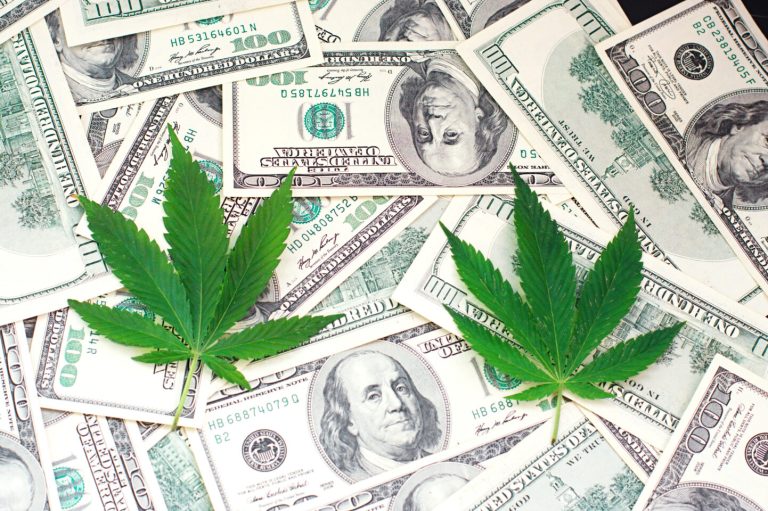Finalized data from the California Department of Tax and Fee Administration shows that California cannabis sales declined in 2022. The decrease in sales is the first dip since adult-use sales began in 2018.
In 2021, the state collected $5.77 billion in adult-use cannabis sales, but 2022 numbers reflect only $5.3 billion for the past year—an $8.2% decrease. According to coverage by Forbes, many believe that expensive taxes and not enough dispensaries have contributed to this decline.
Cannabis cultivators in California have been trying to tell legislators about the issue. “Most of us farmers have been trying to tell the state [regulators] that the marketplace is imploding,” Johnny Casali, founder of Huckleberry Hill Farms, told Forbes. “The drop in retail sales means the customer is tired of paying the exorbitant taxes and are now buying it from a friend of a friend or the guy on the corner.” Casali explained how all of his product was sold in 2022, but he still experienced a loss of $50,000.
This loss is likely due to the decreased price per pound of cannabis statewide. American financial services firm Cantor Fitzgerald cites the wholesale price of cannabis at $665 a pound, which is a 26% decrease year over year. According to New Leaf Data Services, wholesale cannabis prices have dropped more than 50% between 2017 and 2022.
California has more than 800 licensed cannabis dispensaries, and cultivators grow more than can be purchased. Casali hopes that the situation will improve. “We are already getting orders for this season,” Casali said. “But without federal legalization, I don’t know how we fix our supply-and-demand problem.”
Cantor Fitzgerald analyst Pablo Zuanic states that there was a boost in California revenue gain due to increased sales during the pandemic, between 2020-2021. Zuanic believes that a return to more normal sales, on top of current inflation, is also contributing to the sales decline. He did state his belief that 2023 will be a year that California’s cannabis industry will bounce back though, comparing the 8% decrease in 2022 with the 68% increase in 2020.
Glass House Brands founder Graham Farrar told Forbes that he believes that Californians didn’t smoke less in 2022, but that the black market is just outselling legal flower. “Nobody prefers bathtub gin, right? You only drink bathtub gin if legal gin costs twice as much,” Farrar said. “If we could bring taxes on the consumer down, I think you’ll see more people in the legal market. And I think you’d actually collect more tax revenue.”
The overall decline of cannabis sales in general has pushed some cannabis brands to leave California. Garcia Hand Picked recently announced its departure from California. “We’re taking a pause in California,” said the brand’s parent company, Holistic Industries. “We want to ensure CA consumers have the highest quality flower for the long term, so we are in the process of choosing a new local partner for cultivation, production, sales, and distribution of Garcia Hand Picked in CA.”
Some regions are trying to help cannabis cultivators, such as Sonoma County, which recently eased tax burdens for some growers based on their operating size. Most recently, a California grant of $20 million has been earmarked to “provide local jurisdictions with resources to expand access to regulated cannabis products to underserved areas.”
In mid-February, the last Californian federal prisoner who was imprisoned for cannabis was finally released. After spending 15 years in prison, Luke Scarmazzo was released with the help of The Weldon Project. “The feeling is surreal. We’ve worked toward this day for so long,” Scarmazzo wrote on Facebook. “This was a huge victory for my family, friends, community and the entire cannabis movement. I’ll take a moment to enjoy this, but make no mistake, there’s still much work to be done—my people need to be free—and that hard work begins now.”
